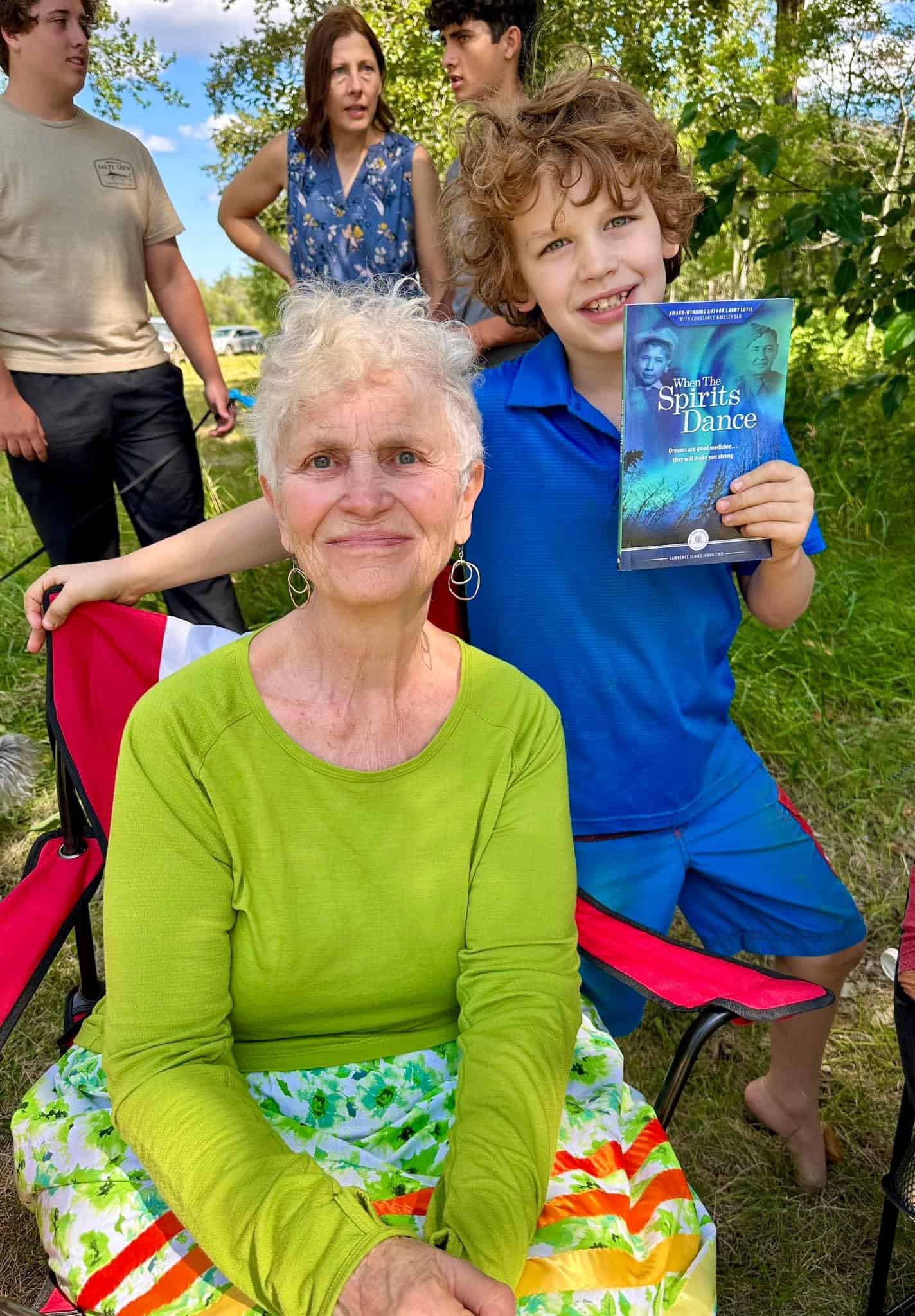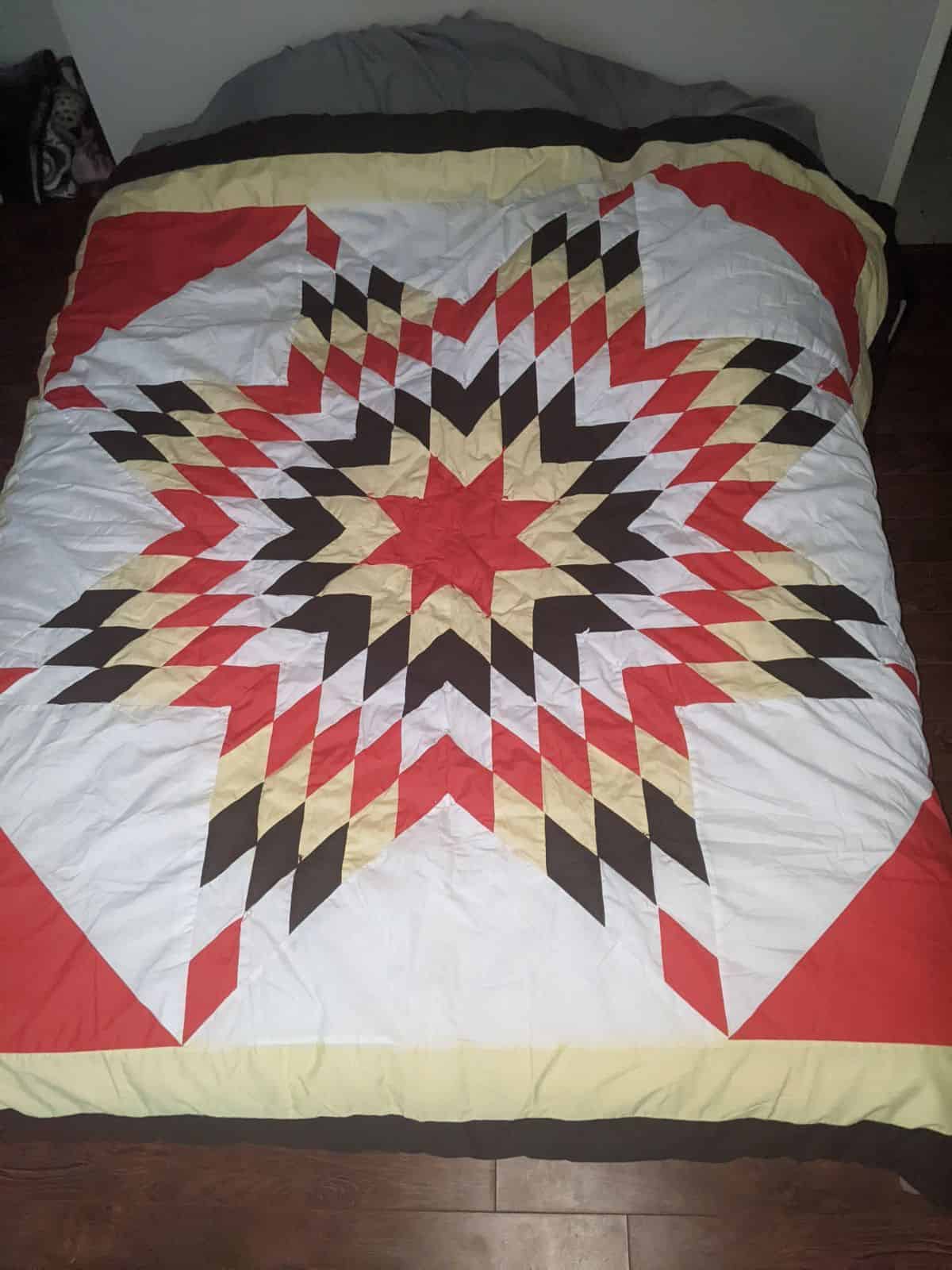Imperfect reconciliation
When I was growing up in a small prairie city you couldn’t rent a house in town if you were Indigenous. I went to school with children who still lived at the nearby residential school. (Education was slowly becoming less segregated by the time I entered grade 7). One of the earliest Native Friendship Centre’s in Canada was opened in 1965 in my hometown. I learned at an early age that small groups of dedicated folks could create change.
Eight years ago the Truth and Reconciliation Commission crossed the country and listened to the survivors of the residential school system. The final report had 94 calls to action. According to the Yellowhead Institute, at the end of 2022 only 13 of the calls have been completed. So what is my role as a non-Indigenous person in advancing both the truth of destructive colonialism and reconciliation with the original inhabitants of this land?
Jody Wilson-Raybould, in her book True Reconciliation: How to Be a Force for Change, proposes that we learn, understand, and act. She reminds us we don’t need sprinters, we need marathoners who will commit to the hard work. She invites non-Indigenous people like me to become “inbetweeners”.
Things we can do to further reconciliation:
- Eat at an Indigenous-owned restaurant like Tipi Treats.
- Purchase Indigenous literature (and donate the books when I’ve read them).
- Read and reread the 94 Calls to Action and contact my MP or other elected officials about progress implementing them.
- Donate to organizations that are revitalizing language and culture or addressing climate justice.
- Take responsibility to call out racism when I see or hear it.
- Support harm reduction. Learn how to give Naloxone for drug overdose.
- Be humble and prepared to listen and learn.
- Look for opportunities to invite others to talk about reconciliation.
- Be prepared to face anger and criticism (from all over!).
I know I can’t do reconciliation perfectly. I’m willing to be imperfect. I’m not willing to do nothing.
Truth and Reconciliation Day (Sept 30) was declared a civic holiday in Edmonton by Mayor Amerjit Sohi.
Truth and Reconciliation Week is Sept 25 through September 30.
The National Centre for Truth and Reconciliation (nctr.ca) offers online courses for educators and for individuals.
Books to deepen our understanding of colonialism and how government policy was developed and used:
21 things you may not know about the Indian Act by Bob Joseph. (Includes discussion guides) Indigenous Relations Press, 2018.
Truth telling by Michelle Good, HarperCollins Publishers, 2023.
Here are some more suggestions to practice reconciliation:





I personalize my land acknowledgement, at the beginning and at the end, keeping the integrity of the Treaty 6 acknowledgement. This way, I feel it deeply when I share before every event I lead, most often online. It stays fresh and impacts me each time. – Rusti L Lehay
I stand as a witness if I see security guards or law enforcement dealing with any person of minority. – Rusti L Lehay
I learned about intergenerational trauma by reading Cree author Tamara Starblanket’s book Suffer the Little Children. It opened my eyes and my mind. – Derek Quittenton
Know whose land you are on, what the traditional name is, and how to pronounce it. For instance, Edmonton is called Amiskwacîwâskahikan (Beaver Hills House) by the Cree , Ti Oda (Many Houses) by the Nakota Sioux, and Amakowsis or Omahkoyis (Big Lodge) by the Niitsitapi. Edmonton has given all the municipal ridings Indigenous names; learn the one you are in and how to pronounce it, what nation it is from, and what it means, as well as try to do the same with the others. – Victoria Stevens
Research your family tree and think about how your family has been a party to colonization. For example, my family came to North America in the mid-1700s through New York, to Ontario, and over to Manitoba and the prairies. They were recipients of land stolen from the Indigenous populations of the area. My grandmother fostered two Indigenous boys back in the 60s. She was directly party to the Sixties Scoop. – Victoria Stevens
Follow Indigenous creators and voices on social media. Search out what they say on all issues, but especially those that directly impact them. Amplify those voices. – Victoria Stevens







